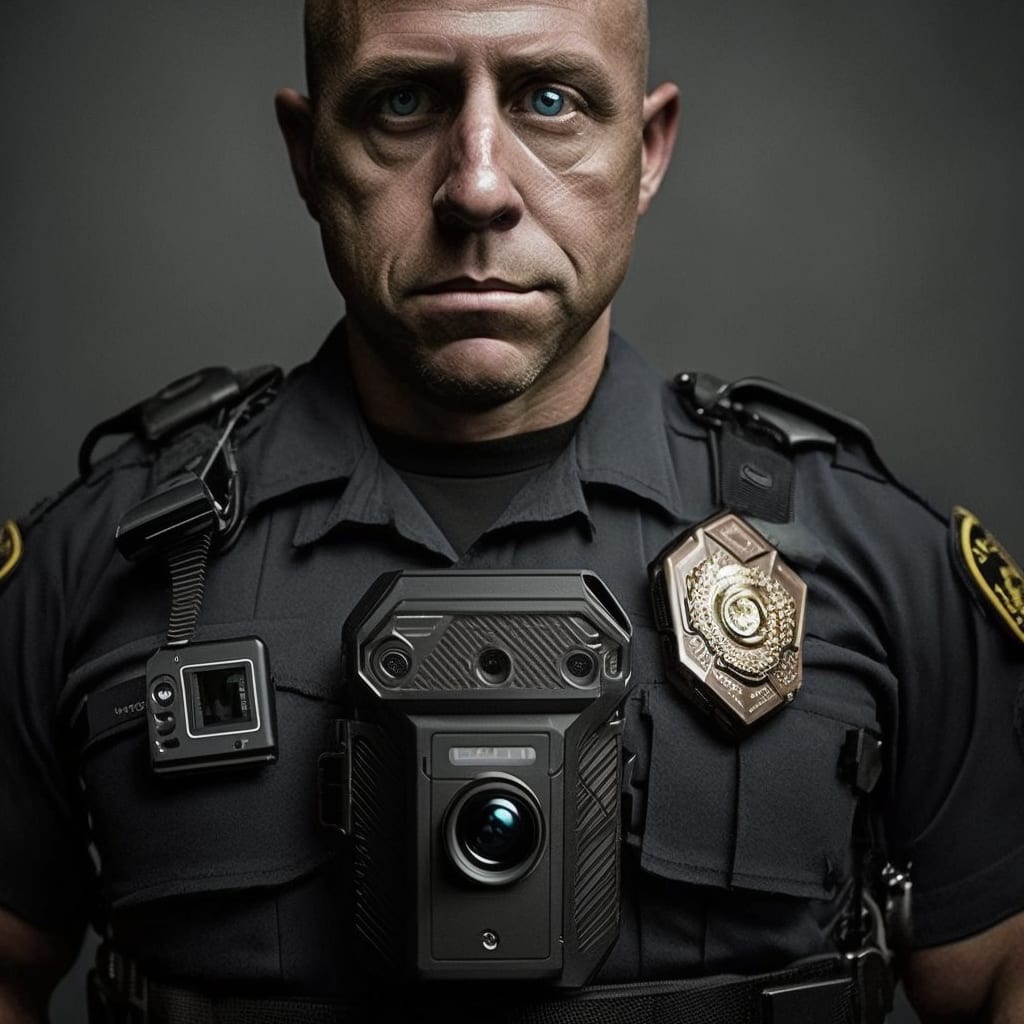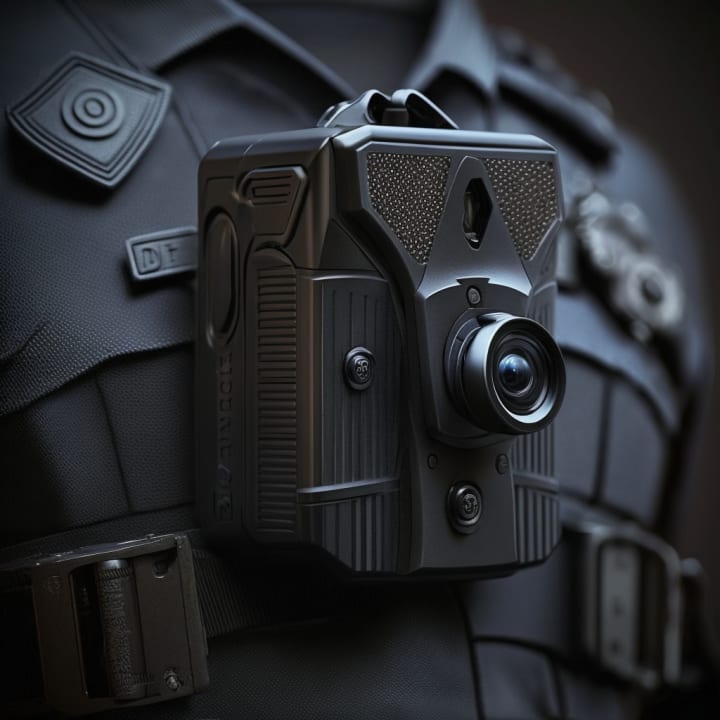The Benefits and Challenges of Body Cameras in Law Enforcement
Exploring the Advantages, Controversies, and Future of Body Camera Technology in Policing

Body cameras have become increasingly popular in recent years as a tool for law enforcement agencies to increase accountability and transparency in their interactions with the public. These small, wearable cameras can provide a real-time record of interactions between officers and the public, offering valuable evidence in the event of an incident. In this article, we will explore the use of body cameras in law enforcement, the benefits they offer, and some of the challenges and controversies surrounding their implementation.
The use of body cameras by law enforcement agencies is a relatively recent development. The first police department in the United States to implement body cameras was the Rialto Police Department in California in 2012. Since then, the use of body cameras has become widespread across the country and around the world. The widespread adoption of body cameras has been driven by a number of factors, including concerns about police accountability, the increasing availability and affordability of camera technology, and the changing political climate.
One of the primary benefits of body cameras is that they can provide a clear record of interactions between law enforcement officers and the public. This can be especially valuable in the event of an incident that leads to an investigation or court case. Body camera footage can provide objective evidence of what happened during a specific incident, helping to determine the facts of a case and ensuring that justice is served.
Another benefit of body cameras is that they can improve officer behavior and increase public trust in law enforcement. The knowledge that their actions are being recorded can encourage officers to act professionally and to follow established protocols and procedures. This, in turn, can help to build public trust in the police, as people feel that their interactions with officers are being fairly and objectively documented.
In addition to these benefits, body cameras can also provide valuable training opportunities for officers. Footage can be used to identify areas where officers need to improve their performance and to develop training programs that help them to better serve the public. Body camera footage can also be used to identify and resolve disputes between officers and the public, helping to foster better relationships between law enforcement and the community.
However, despite these benefits, the implementation of body cameras in law enforcement has not been without controversy. One of the main challenges facing law enforcement agencies is the cost of implementing and maintaining a body camera program. Body cameras can be expensive, and law enforcement agencies need to invest in technology and infrastructure to ensure that the cameras are properly used and maintained. In addition, many agencies are concerned about the cost of storing and managing the vast amount of data that body cameras generate.
Another challenge facing law enforcement agencies is the issue of privacy. Body cameras can capture sensitive information, such as personal data and medical information, and there is a risk that this information could be misused or leaked. There are also concerns about the use of body cameras to monitor individuals without their consent, which raises serious privacy and civil liberties issues.
Finally, there are also concerns about the use of body cameras to gather and store data for intelligence purposes. While body cameras can be a valuable tool for improving accountability and transparency, they can also be used to monitor individuals and collect intelligence on them, raising serious concerns about civil liberties and privacy.
In conclusion, body cameras have the potential to be a valuable tool for law enforcement agencies, offering benefits such as increased accountability, improved officer behavior, and valuable training opportunities. However, the implementation of body cameras in law enforcement is not without challenges and controversies, including the cost of implementation and maintenance, privacy concerns, and the potential for abuse of the technology for intelligence purposes. Despite these challenges, it is important for law enforcement agencies to continue to explore and implement new technologies that can help them to better serve the public and ensure that justice is served.

About the Creator
Altan nc
I am a passionate traveler, photographer, and history buff. With a keen eye for detail and a love for adventure,I am explored some of the world's most breathtaking destinations, capturing stunning images and documenting the rich cultural.
Enjoyed the story? Support the Creator.
Subscribe for free to receive all their stories in your feed. You could also pledge your support or give them a one-off tip, letting them know you appreciate their work.






Comments
There are no comments for this story
Be the first to respond and start the conversation.